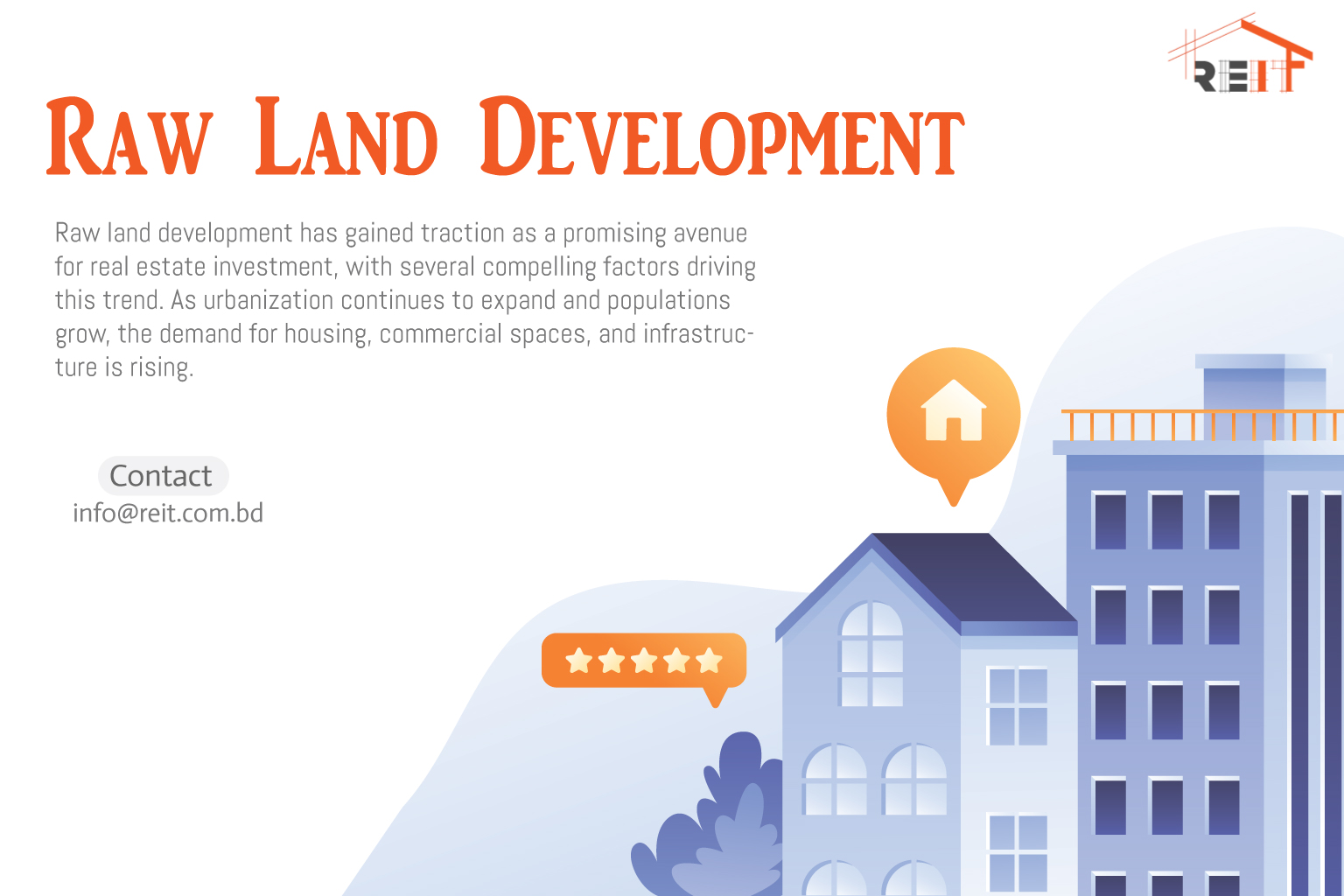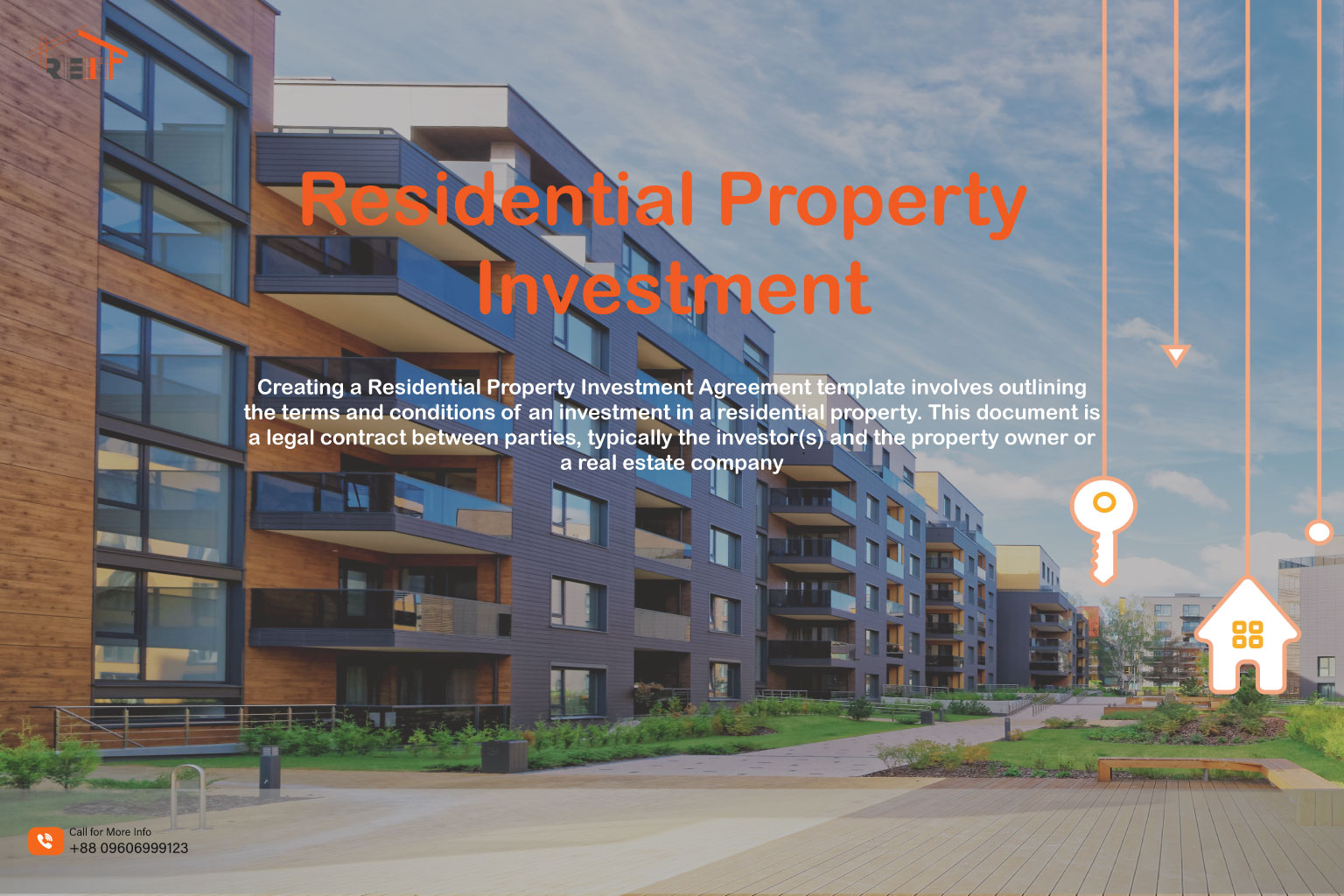Interest rates play a crucial role in residential property investment, as they directly influence both the cost of borrowing money and the overall housing market. When interest rates are low, borrowing money becomes cheaper, making it more attractive for investors to take out mortgages and invest in property.
This increased demand can drive up property prices. On the other hand, when interest rates rise, the cost of borrowing increases, which can decrease the number of potential buyers in the market. This typically leads to a cooling effect on property prices.
Additionally, higher interest rates can reduce the cash flow for investors who rely on financing, as their mortgage repayments will be higher. This aspect is particularly important for investors who own rental properties, as the balance between rental income and mortgage expenses becomes tighter.
Therefore, changes in interest rates can significantly impact investment strategies, property values, rental yields, and the attractiveness of real estate as an investment class.
How Do You Choose the Best Area for Your Residential Property Investment?
Choosing the best area for residential property investment hinges on thorough research and understanding local market trends. Key considerations include the area’s economic stability and employment opportunities, as these can influence housing demand and property value growth.
It’s important to look at demographic trends, like population growth, and proximity to amenities such as schools, public transport, and shopping centers.
Additionally, assessing the average property prices, rental yields, and historical appreciation in the area gives an insight into potential investment returns.
Safety and quality of life are also crucial, impacting tenant appeal and property desirability. Savvy investors often target emerging neighborhoods with growth potential alongside established areas to balance risk and reward.
Biggest Challenges for Residential Property Investment
Market Volatility: Fluctuations in the real estate market due to economic changes, interest rates, and other external factors can impact property values and rental demand.
- Cash Flow Management: Balancing rental income with ongoing expenses such as mortgage payments, maintenance costs, taxes, and insurance
- Property Location and Selection: Conducting extensive research to find the right property in a desirable and potentially profitable location
- Tenant Management: Finding reliable tenants, maintaining tenant relations, and dealing with vacancies or tenant-related issues
- Maintenance and Upkeep: Regular property maintenance and addressing repair issues can be costly and time-consuming.
- Legal and Regulatory Compliance: Navigating complex landlord-tenant laws and zoning regulations and staying compliant with local, state, and federal regulations
- Tax Implications: Understanding and efficiently managing the tax aspects of property investment, including deductions and capital gains.
How to Overcome These Biggest Challenges
To overcome challenges in residential property investment, strategic planning, and adaptability are key. Mitigate market volatility by diversifying your portfolio and adopting a long-term view. Manage cash flow effectively through careful budgeting and maintaining a contingency fund.
Tackle property selection challenges through thorough market research and possibly consulting real estate experts. Address tenant management issues with rigorous screening and consider hiring a property management company.
Stay on top of maintenance to prevent costly repairs, and remain compliant with legal and regulatory requirements by staying informed and consulting professionals as needed. For financial and tax implications, seek advice from financial experts and explore various financing options to manage interest rate risks.
Finally, develop a flexible exit strategy aligned with market conditions and your investment goals, and stay educated on real estate trends and practices for informed decision-making.
Why Is an Exit Strategy Important in Residential Property Investment?
An exit strategy is vital in residential property investment as it defines the investor’s end goal and guides decision-making throughout the investment process. It ensures that investors have a clear plan for realizing their investment’s value, whether through selling, refinancing, or other means.
This strategy is crucial for managing risks, as it prepares investors for market fluctuations, changes in personal circumstances, or shifts in the real estate market.
A well-defined exit strategy can maximize profits by identifying the optimal time to sell or restructure the investment. It also helps in tax planning, as different exit methods can have varying tax implications.
Moreover, having an exit plan allows investors to align their investments with their broader financial goals and timelines, ensuring that the property investment contributes effectively to their overall financial portfolio.
Tax Implications: Impact of Taxes on Your Residential Property Investment
Property Taxes: These are recurring annual expenses based on the property’s assessed value and local tax rates, significantly affecting the investment’s cash flow.
- Income Tax on Rental Earnings: Rental income is taxable, and investors must report it as part of their annual income. However, various deductions can reduce taxable income.
- Deductible Expenses: Investors can deduct certain expenses related to property investment, including mortgage interest, property management fees, maintenance and repair costs, and insurance premiums.
- Depreciation: This allows investors to deduct a portion of the property’s cost over several years, providing a significant tax benefit.
- Capital Gains Tax: When selling the property, the profit is subject to capital gains tax, with rates varying based on the holding period and the investor’s tax bracket.
- Tax Law Variability: Tax implications can vary significantly by location and are subject to changes in laws and regulations.
Difference Between Passive and Active Residential Property Investment
Aspect | Passive Investment | Active Investment |
Involvement | Minimal; typically involves outsourcing property management. | Investors are actively involved in day-to-day management. |
Time Commitment | Low; suitable for investors seeking a hands-off approach. | High; requires ongoing time investment for property management, renovations, etc. |
Control | Limited; investors rely on others to make key decisions. | Full; investors have direct control over all decisions and strategies. |
Knowledge Requirement | Basic relies more on professional managers or funds. | It is extensive and requires in-depth knowledge of the real estate market and property management. |
Risk Exposure | Generally lower, as investments are often diversified. | higher due to direct involvement and dependency on specific properties. |
Potential Returns | Typically consistent but lower returns from rental income, or REITs. | Higher potential returns through active management and strategic investments. |
Why Is Location So Crucial in Residential Property Investment?
Location is paramount in residential property investment due to its significant impact on both property value and rental potential. Properties in desirable areas, characterized by good schools, access to amenities, public transport, and low crime rates, tend to appreciate in value faster and are easier to rent.
The location also influences the type of tenants attracted and the rental income achievable. For instance, properties near universities may attract students, while those in business districts might appeal to professionals.
Furthermore, an area’s economic health, including employment opportunities and infrastructure development, can affect property demand and future appreciation. Investors must also consider factors like zoning laws and future urban plans, as these can affect the property’s long-term value.
5 Tips to Become Successful in Residential Property Investment
Becoming successful in residential property investment involves a combination of careful planning, market knowledge, and strategic execution. Here are some key tips to help you succeed:
- Educate yourself: Understand the basics of real estate investment, including market trends, financing, property management, and legal aspects. Continuously learning about the industry is vital.
- Conduct Thorough Market Research: Investigate local real estate markets to identify areas with high growth potential. Look at factors like employment rates, population growth, and future development plans.
- Start Small: If you’re new to property investment, consider starting with a single property. This allows you to learn the ropes without being overwhelmed.
- Focus on Location: The location of your investment property is critical. Look for areas with strong rental demand, good schools, amenities, and transportation links.
- Financial Planning and Budgeting: Be realistic about your budget and factor in all potential costs, including purchase price, renovation expenses, property taxes, insurance, and maintenance.
Conclusion
Residential property investment can be a rewarding venture, offering both short-term income through rentals and long-term capital appreciation. Success in this field requires careful consideration of factors like location, market trends, property type, financing, and effective property management.
It’s crucial for investors to conduct thorough research, plan strategically, and remain adaptable to market changes. While there are inherent risks, such as market volatility and management challenges, these can be mitigated with a well-thought-out strategy and a focus on long-term goals.
Whether for passive income, portfolio diversification, or active involvement in property management, residential property investment can provide substantial financial benefits when approached with diligence and informed decision-making.
FAQs
How do you make money from residential property investments?
Profits are primarily earned through rental income and property value appreciation. Investors make money by renting out their properties and potentially selling them for more than the purchase price.
Is residential property investment a good way to generate passive income?
Yes, it can be a good source of passive income, especially if you hire a property management company to handle day-to-day tasks. However, it requires upfront investment and ongoing management.
What are the risks involved in residential property investment?
Risks include market volatility, property depreciation, unexpected maintenance costs, tenant-related issues, and changes in real estate laws and tax policies.
















